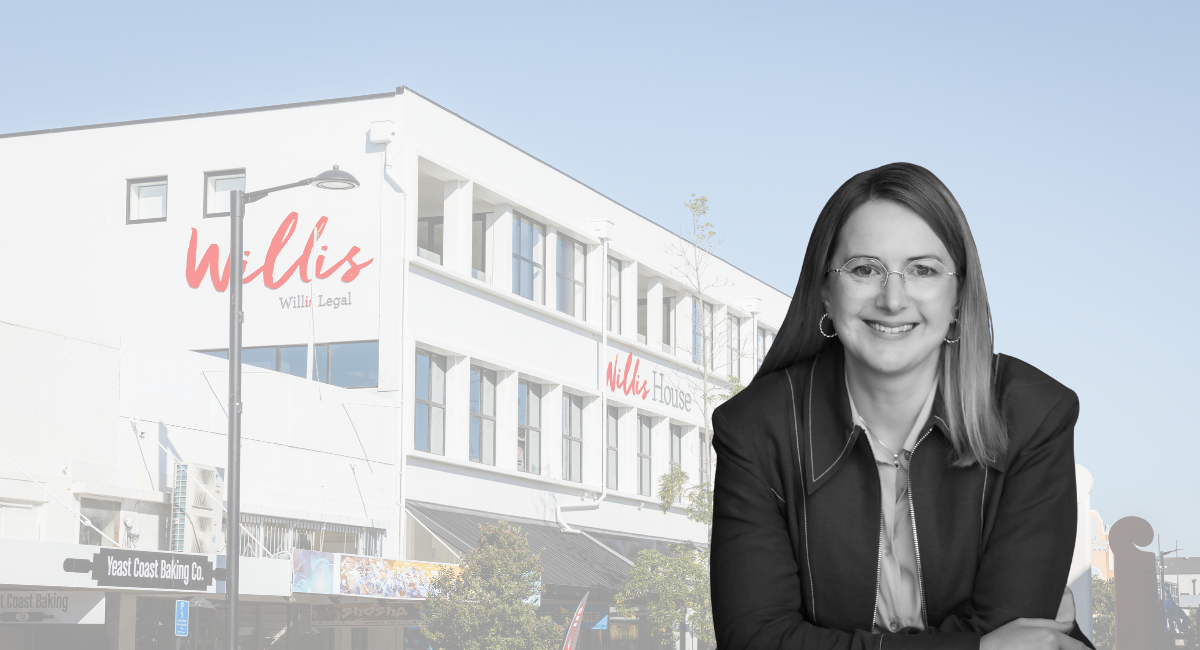How an Independent Professional Trustee Could be of Assistance
Trusts have long been a popular tool for managing and protecting assets. They offer various benefits, especially for those who own their own business or want to ensure their assets are protected. However, there are also some drawbacks to consider. Here, we'll explore both the benefits and the cons of setting up a trust, helping you decide if it's the right option for you.
Benefits of Trusts
- Asset protection: Trusts are particularly beneficial for business owners, as they protect personal assets from business risks and creditors. By placing assets in a trust, you can shield them from being drawn down to pay personal debts or from relationship property claims. This ensures that your personal wealth remains secure, even if your business faces financial challenges.
- Tax efficiency: Depending on your situation, trusts can offer tax efficiencies. However, it's essential to speak with an accountant to understand how a trust can impact your tax obligations. A well-structured trust can help minimise tax liabilities and maximise the benefits for your beneficiaries.
- Estate planning: Trusts play a crucial role in estate planning. They ensure that your assets are distributed according to your wishes after your passing. However, it's essential to consider if other instruments like wills, enduring powers of attorney (EPOAs), or specific ownership structures might be better suited for your needs.
- Serving certain family dynamics: Trusts can be tailored to serve specific family dynamics, ensuring that assets are retained for family members who may need them the most. This includes providing for those with disabilities, rest home care, or hospital care. A trust can help ensure that your loved ones are cared for, even if you are no longer around.
Cons of Trusts
- Loss of control of assets: When you set up a trust, the assets are no longer considered your personal assets. They belong to the trust, and the trustees have decision-making control over them. This means you need consensus decision-making from all trustees, and the assets are governed according to the powers outlined in the trust deed.
- Ongoing administration and costs: Trusts require ongoing administration, including maintaining records, fulfilling disclosure obligations, filing tax returns, and complying with legal requirements. This can be time-consuming and costly, which might be a downside unless there is a good reason for having a trust.
- Tax implications: While trusts can offer tax efficiencies, they also come with tax implications. It's essential to understand these implications and seek professional advice to ensure compliance with tax laws and regulations.
- Legal challenges: If a trust is not administered properly, it can face legal challenges. This can result in disputes among beneficiaries or questions about the validity of the trust. Proper administration and adherence to legal obligations are crucial to avoid such issues.
Independent Professional Trustees
Appointing an independent professional trustee such as accountants or lawyers (including one of Willis Legal’s Trustee Companies) for your Trust can offer several desirable benefits.
Such benefits include:
- Transparency and Independence: Appointing an independent trustee can ensure that the trust’s assets are managed, and decisions affecting assets are made, in a totally independent manner. This gives the Trust integrity and can provide beneficiaries with peace of mind. This can be particularly important when family or business dynamics are complex or strained. Independent trustees can also help to avoid or negate any perception of a ‘sham trust’.
- Stability over time: Private trustees might lose their ability, willingness or capacity to act as trustee over the life of the Trust. However, professional trustee companies provide longevity, consistency and stability. The costs of retiring trustees unable or unwilling to act and appointing new trustees can be reduced, particularly over time.
- Knowledge and expertise: Professional trustees hold the up-to-date and best practice information on New Zealand Trust legislation. This knowledge and expertise encourages strong compliance with the Trusts Act 2019 as well as proper administration and record-keeping. The knowledge and advice gained from having a professional trustee included can assist other trustees with decision-making regarding the trust’s assets and administration.
Overall considerations
When deciding whether to create a new trust, it's essential to have a specific and good reason. One of the benefits listed above should outweigh the cons. It's also crucial to speak with a lawyer to assess if a trust is the right vehicle to achieve your objectives and tailor it to your individual circumstances. For example, transferring assets into a trust could potentially affect your eligibility for residential care subsidies. Therefore, professional advice is vital before making any decisions in relation to trusts.
We encourage settlors (creating a new Trust) or continuing trustees who are appointing any new Trustees, to consider whether an independent professional trustee might be beneficial. As outlined above, there can be significant advantages to having an independent professional trustee included.
Willis Legal provides its own independent professional trustee service, ask about it today.
If you believe that creating a Trust might be of benefit to you, your family or business and/or if you are interested in including an independent professional trustee – please do not hesitate to
contact one of our friendly staff and we would be happy to discuss this with you in further detail.
Join our Newsletter
Stay tuned
Contact Us
We will get back to you as soon as possible.
Please try again later.



